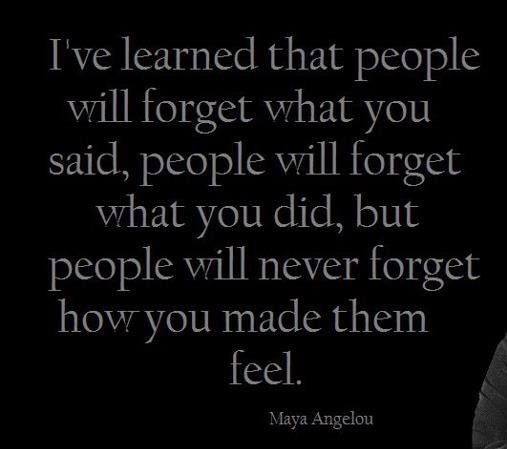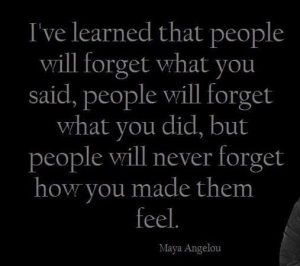
 October is National Bullying Prevention Month, and schools across the country are engaging in anti-bullying campaigns, including displaying anti-bullying posters, having students take anti-bullying pledges, hosting inspirational speakers, and teaching kids to recognize and stand up against bullies.
October is National Bullying Prevention Month, and schools across the country are engaging in anti-bullying campaigns, including displaying anti-bullying posters, having students take anti-bullying pledges, hosting inspirational speakers, and teaching kids to recognize and stand up against bullies.
At AMAZEworks, we take a different approach to anti-bullying. First and foremost, we would like everyone to please stop using the word “bully”. When we label a child as a bully, we miss an important opportunity to see the whole child and address the underlying causes of the behavior.
Also, the label of “bully” can stay with a child throughout their years in school and can often become a self-fulfilling prophecy as teachers and other students look to confirm their negative biases of that child.
So, instead of labeling a child, let’s seek to create the conditions for belonging for all, including the child who is engaging in teasing, mistreatment, and harassment. When children feel seen, heard, and valued, they learn better, engage more, and are less likely to act out in negative ways towards others.
We also need to understand and address the underlying causes of teasing, mistreatment, and harassing behavior. All behavior is purposeful – we either act to get something or avoid something. According to William Glasser and control theory, we act to fulfill one of our five basic needs – safety, fun, freedom, belonging, and power/success. So what is a child who is engaging in mean, teasing, and excluding behavior telling us about their needs? Additionally, how might this child be responding with negative behaviors because of an underlying equity issue? Do they feel identity safe in the classroom and at school and are responding out of fear? Do they feel like they aren’t being treated fairly and are responding out of oppression? Do they not trust the adults in the room to protect them, respect their identity, and fulfill their needs? Do they feel isolated or not have key coping skills?
AMAZEworks believes that Anti-Bias Education is a necessary and important approach to decreasing negative teasing, mistreatment, and harassing behaviors in the classroom. Through Anti-Bias Education, educators foster healthy identity development and respect across differences. They help children notice, name, and reject biases, which creates communities of safety and belonging for all.